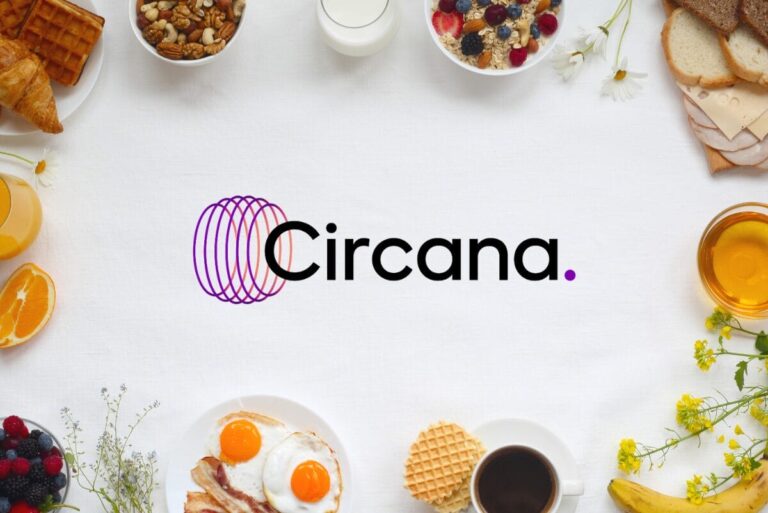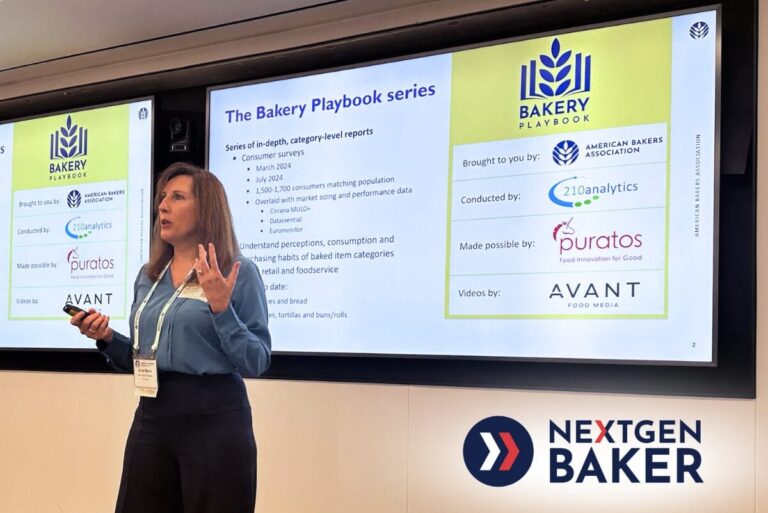WASHINGTON, DC — With health and wellness top of mind for consumers, brands can capitalize on growing interest by creating products that don’t just incorporate healthier ingredients but also offer better-for-everyone attributes.
During the NextGenBaker Leadership Forum, presented by the American Bakers Association (ABA) and held September 30-October 1 in Washington, DC, Anne-Marie Roerink, president of 210 Analytics, shared ways brands can boost sales and accommodate consumer preferences.
According to The Bakery Playbook 2024, a consumer research study series from ABA, conducted by Roerink, consumers believe there is such a thing as better-for-you products in the bakery segment. On the functional side of health, bakery brands are focusing on whole wheat and whole grain ingredients, real fruits and vegetables, and smaller portions of sugar.










